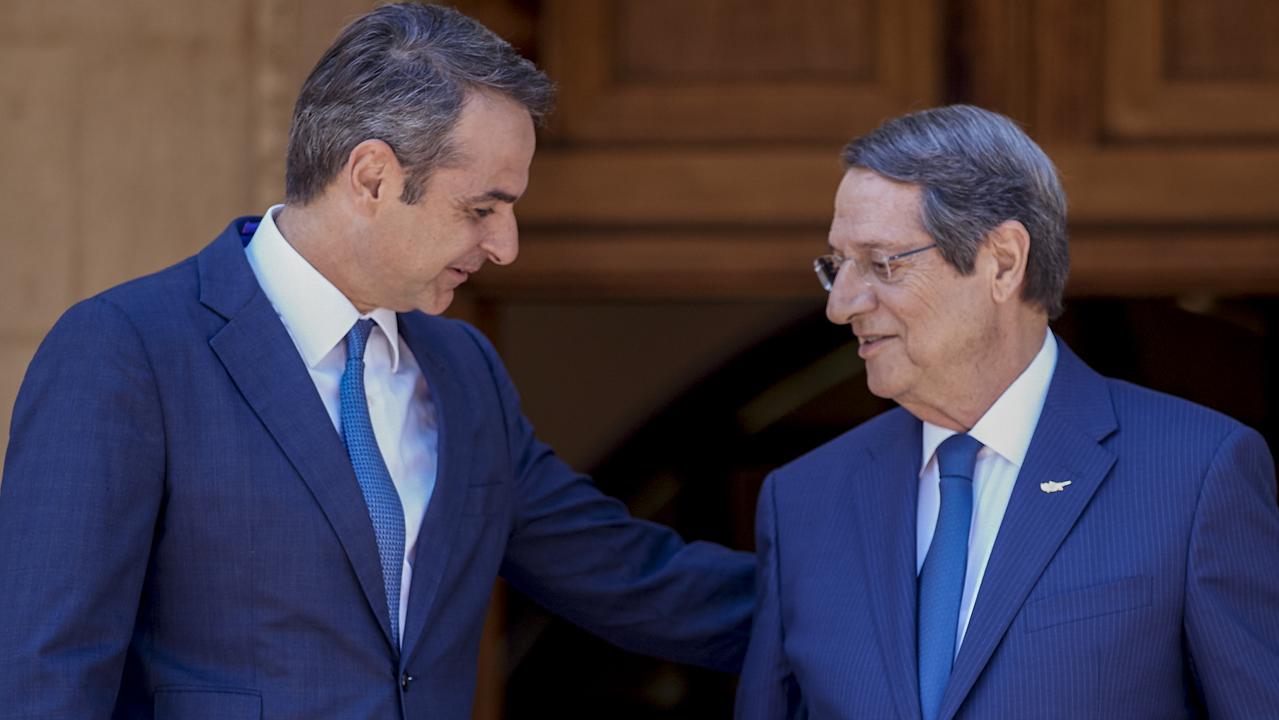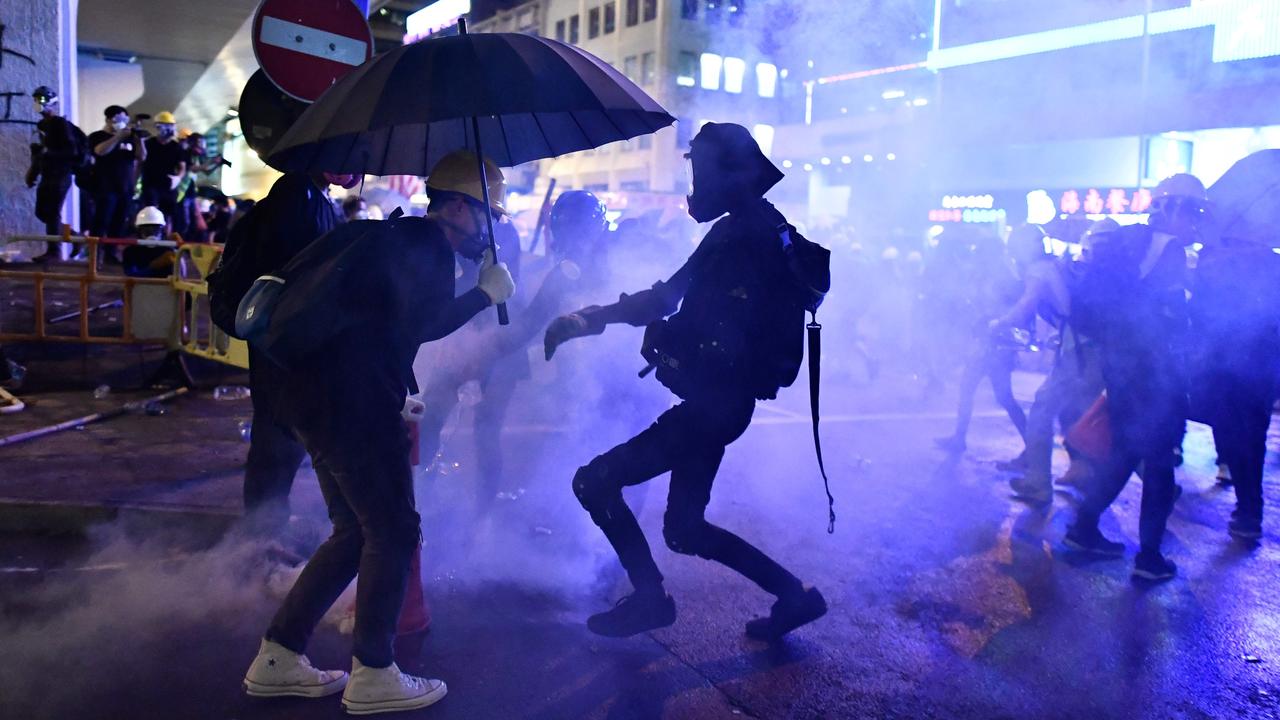South Africa's most influential man has whites running scared
RISING leader Julius Malema demands expropriation of all white-owned land.
So much headway, in fact, that there are those who believe the 30-year-old leader of the powerful African National Congress Youth League is fast closing in on President Jacob Zuma and is preparing to challenge him. In a way, it recalls the audacious manner in which, in the 1950s, Nelson Mandela led a rebellion against a reluctant ANC leadership, forcing it to begin the armed struggle against apartheid.
Perhaps a little nervously, Zuma, 69, has spoken of Malema - a man whose rhetoric sends shivers down the collective spine of moderates, especially whites - as the future leader of South Africa. Peter Bruce, editor of the influential Johannesburg Business Day newspaper, has described him as "arguably the most influential person in the country". That's Malema he's talking about, not Zuma.
Bruce goes on to declare that: "It will be hard for anyone to get elected president of the ANC ... without (Malema's) support. A kingmaker supreme, he is all but king himself. Take a bow, President Jacob Zuma; what an incredible success your leadership of party and country has been."
So, what to make of the meteoric rise and rise of "Juju" Malema, as he emerges ever more powerful in a country still overcoming the ravages of apartheid, taunting whites by singing the liberation war anthem "Shoot the Boer" (Boer being the Afrikaans word for farmer, but in this context a derogatory term for whites) and making it plain his heroes are Robert Mugabe - who seized white farms without compensation and forced international mining companies to hand over 51 per cent of their assets - Fidel Castro and Muammar Gaddafi?
That Malema is powerful is beyond doubt. Despite all the misgivings about him within the ANC leadership, he has just been re-elected unopposed as leader of the Youth League, a position of immense significance in party structures. There had been talk of derailing his campaign. It didn't happen. He's more influential than ever.
And what seems clear is that as much as they deride him, seeking to point out that his demands for the expropriation of white land and nationalisation are not ANC policy, the party's establishment fears him. For Malema, although he had a poor school record, taking seven years to finish high school at the age of 21, has shown rat cunning as a savvy political operator, tapping into the grievances of the masses of impoverished South Africans. For them, ANC rule has brought little relief.
Fifty per cent of young black South Africans are jobless, with little prospect of ever being employed. Most leave school with no qualifications. Their lot is miserable, living in squalid shanty towns surrounded by crime and drugs and HIV/AIDS. There are millions of them.
They readily identify with Malema's simplistic, revolutionary rhetoric, even if he wears a Breitling wristwatch and drives a white Range Rover. Take back the land "stolen" by the whites (55 per cent is owned by whites who make up 9 per cent of the population). Don't pay compensation. Nationalise the mines and banks. It's appealing stuff. They care little that Malema is generally assessed as an economic airhead (much like Zuma) and the consensus that his plans would spell economic catastrophe.
Leading commentator Allister Sparks has noted that while panic buttons are being pressed, it is not Malema who poses the threat but rather "a huge and fast-growing constituency of young, poorly educated and desperately disillusioned young people ... Malema is a symptom, not a cause, of this dangerous situation ... He is a product of it: poorly educated, ill-informed and a social misfit."
The panic is "because Malema's populist cry is suddenly gaining traction within the burgeoning constituency of the disillusioned."
Dolefully, F.W. de Klerk, the last white president, mostly silent since he and Mandela were jointly awarded the Nobel Prize for dismantling apartheid, has weighed into the melee with a warning the country is at a pivotal point, rebuking Malema for playing racist politics and warning that a crisis is approaching.
For the ANC - and for Zuma, Malema and South Africa - high noon will come at a party conference next year at which Zuma wants to be nominated for another term as president. Anything can happen between now and then, but Malema looks like the kingmaker, if not the king. He is no longer a controversial sideshow, but a headline act.




FOR a political upstart who raucously demands the mass expropriation of all white-owned land in South Africa without compensation and the wholesale nationalisation of mines and banks that are the backbone of the economy, Julius Malema is making remarkable headway.